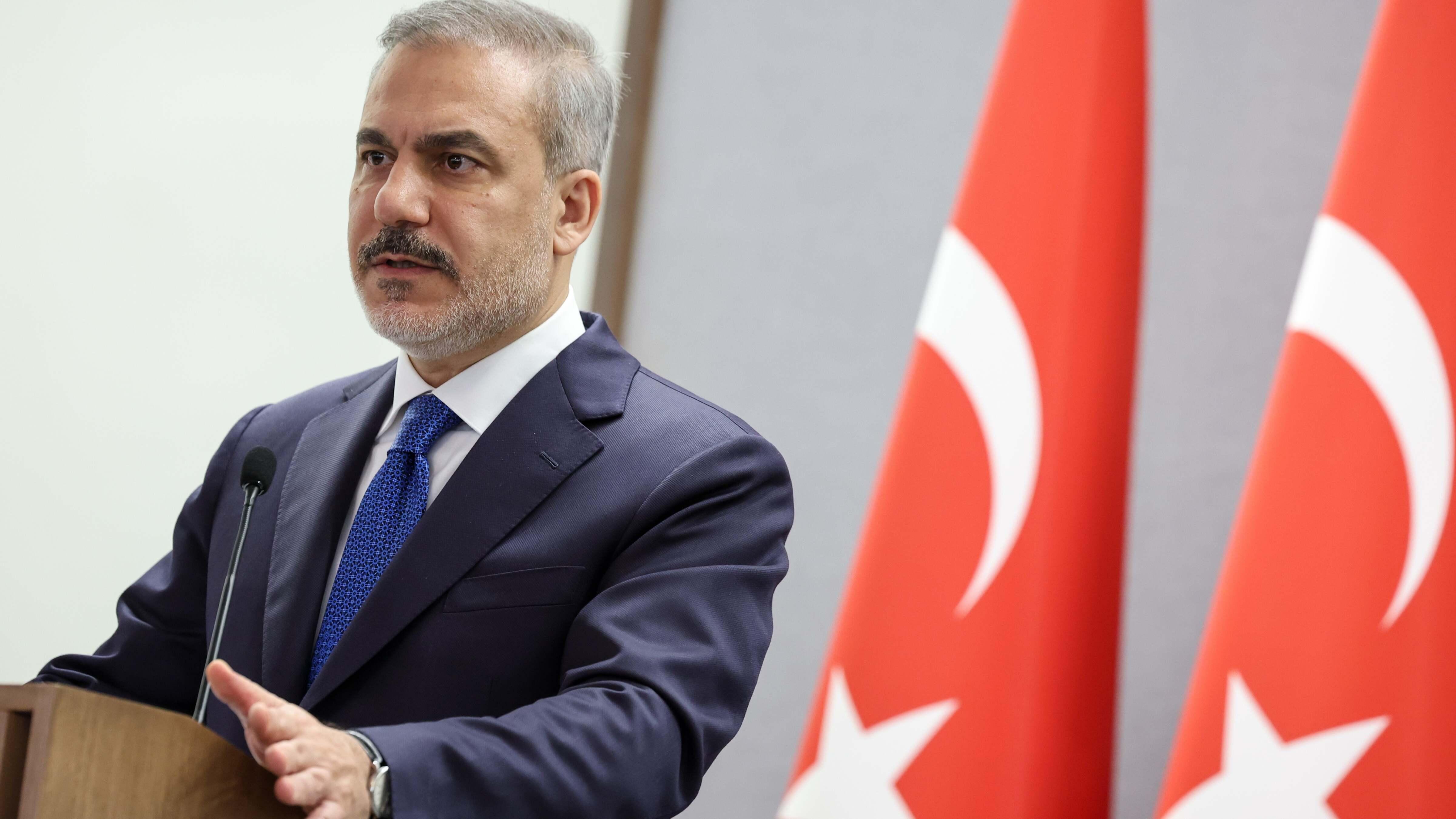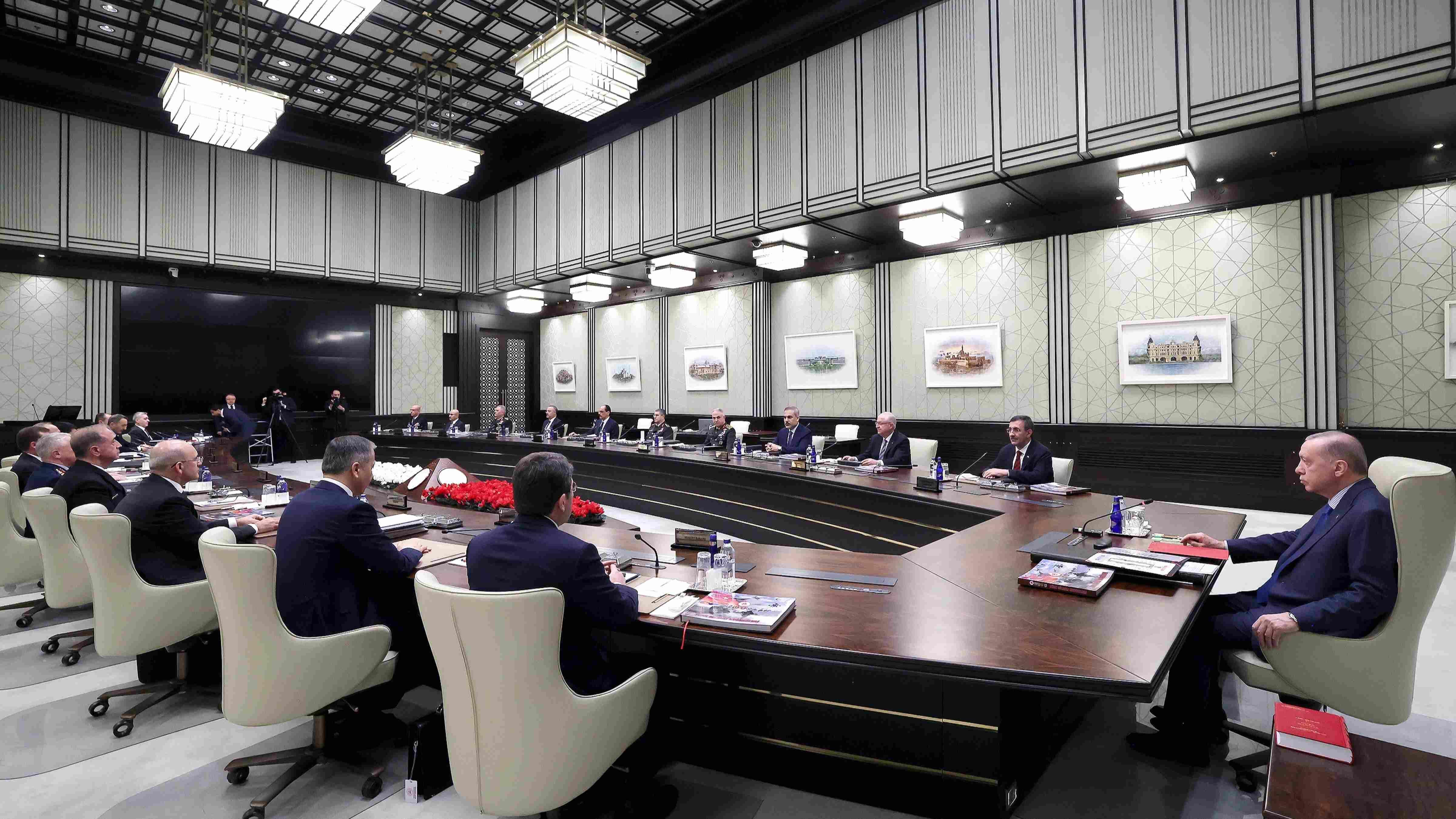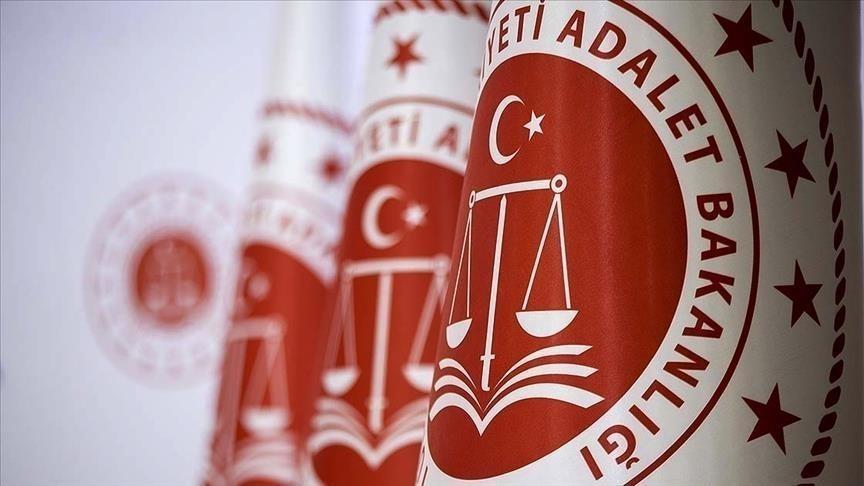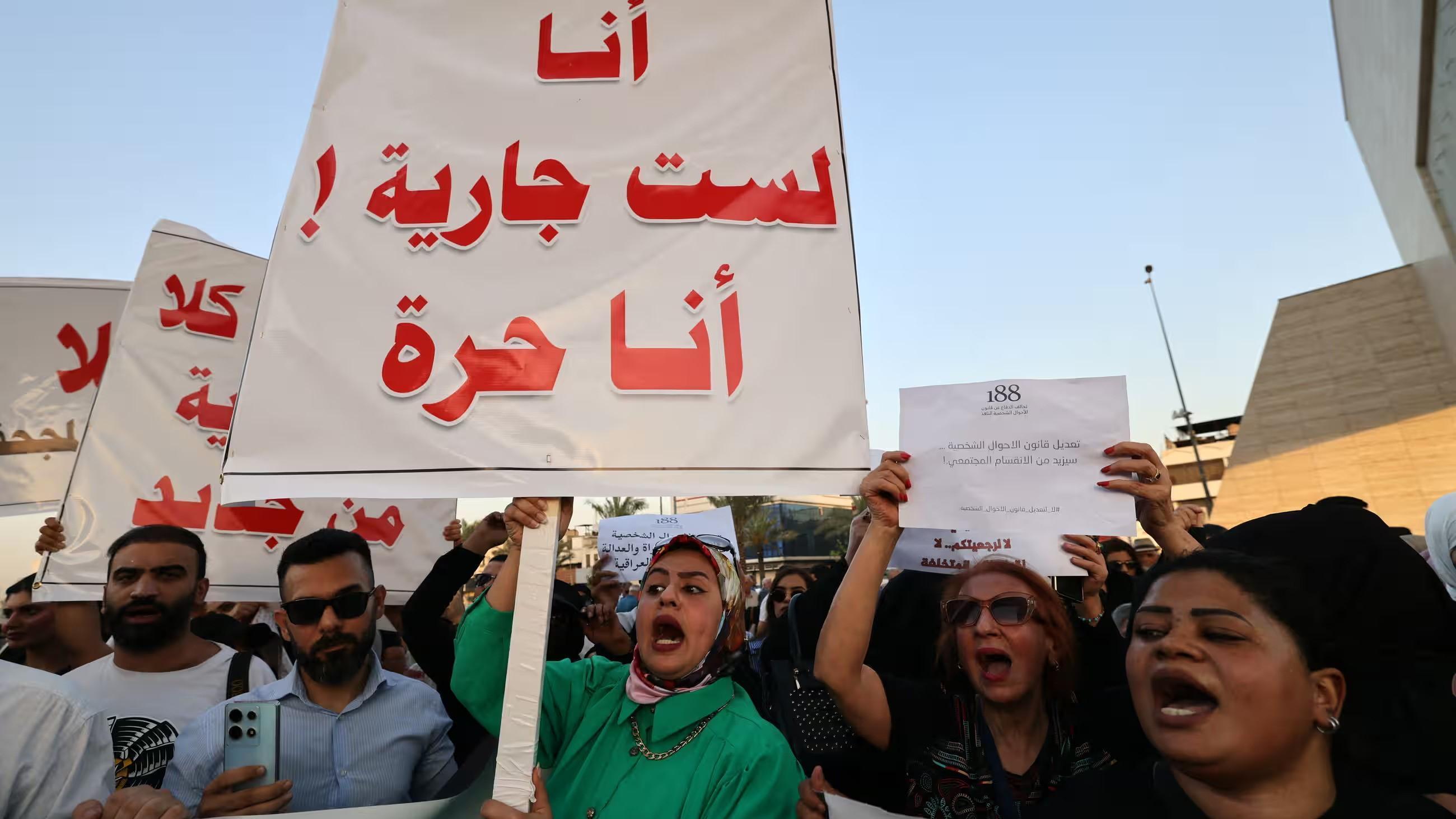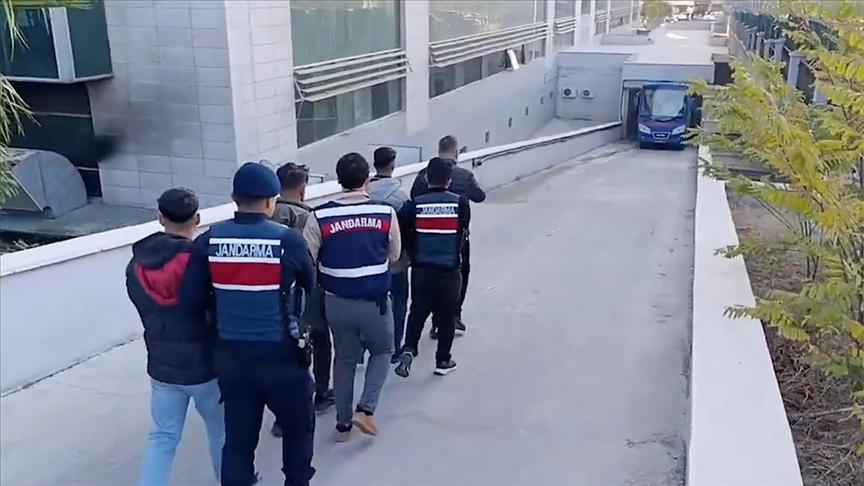EU-Turkish relations given cartoon treatment
ISTANBUL – Anatolia News Agency
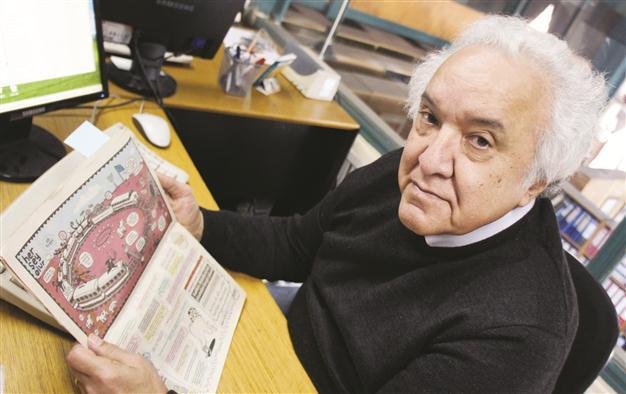
Project coordinator Gürel Tüzün says for the project many books, articles and magazines had been examined to reach the cartoons exploring Turkey-EU relations.
Nearly 2,000 cartoons have been collected as part of a project started two months ago by the History Foundation to reveal Turkey-EU relations through cartoons.Project coordinator Dr. Gürel Tüzün said Turkey-EU relations dated back to the 1960s and many books, articles and magazines had been dedicated to exploring Turkey-EU relations since. “Sometimes a cartoon is enough to give a message that can only be given in a thick book,” he said.
Tüzün explained the foundation had presented the project titled “Turkey-EU relations in Cartoons” in 2010, as part of the EU delegation grant program, in order to show the relationship between the two sides. He said the project was originally expected to have been finished in December 2010.
The idea for the project was conceived five years ago, and so far 1,500 strips have been gathered from cartoon magazines like Penguen, Akbaba, Leman and Gırgır. The History Foundation also wanted the project to examine relations through the eyes of foreigners so includes not only cartoons from Turkey but also those provided by a French organization, which sent 50 to 60 cartoons relating to Turkey published in European countries.
Turkey’s image in foreign cartoons
Through the project, the foundation has tried to identify and collate all cartoons published between 1960 and 2011 relating to this subject. Tüzün said, “2,000 cartoons have been collected. But not all of the cartoons depict the sides favorably.”
“Some show Turkey does not excel, especially in regards to the human rights issue. The EU is also criticized for preventing Turkey from entering. Of course cartoons are not objective and every cartoonist has an attitude,” he said.
“There is a generic Turkish image in the works of foreign cartoonists. They criticize Turkey’s delays to its missions to become a part of the EU, especially on the issue of human rights. There is a critique of both Turkey and the EU in foreign cartoons. France is also criticized. Some cartoons show France and Germany joining forces to prevent Turkey from becoming an EU member,” he said.
According to Tüzün, the project was an opportunity to reconsider Turkey-EU relations, helping especially young people to understand the history of this process.
Viewpoint in old and new cartoons
“Criticism of the EU was at its peak at the beginning of the 1960s when its name was the European Economic Community. Cartoons used to highlight disadvantages of membership to this community.” However, this changed over time, Tüzün said. “As countries started to become interested in joining, criticism of Turkey began to increase. In the past, cartoons used to say that Turkey should not enter the EU but now they encourage it.”
As part of the project, 75 cartoons from Istanbul, France and Brussels will be selected by a committee for exhibitions in June and October. A representative from the French organization and project workers will also sit on the judging panel.
Tüzün said Turkish and foreign experts, as well cartoonists, would participate in these exhibitions and meetings would be held to discuss the future of the EU and its relationship with Turkey. “If Turkey really wants to become a part of this union, it should play by the rules. I think the EU is an opportunity for Turkey in terms of democracy,” Tüzün concluded.


